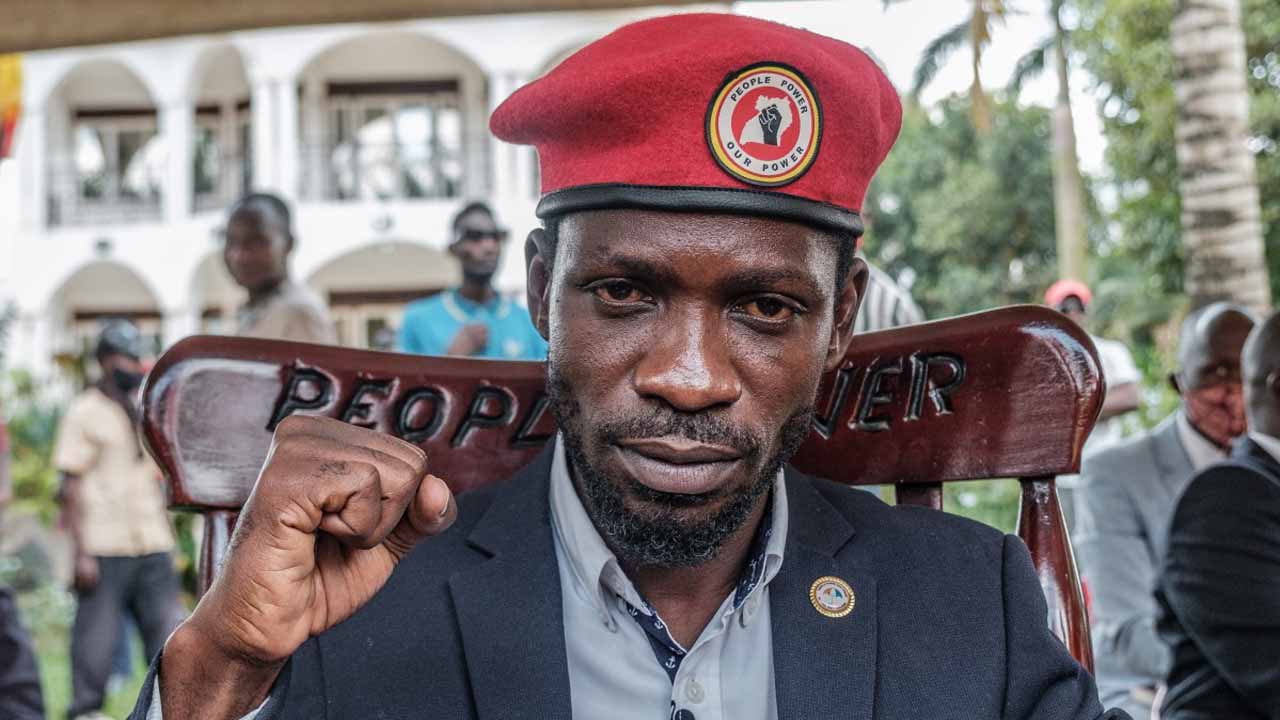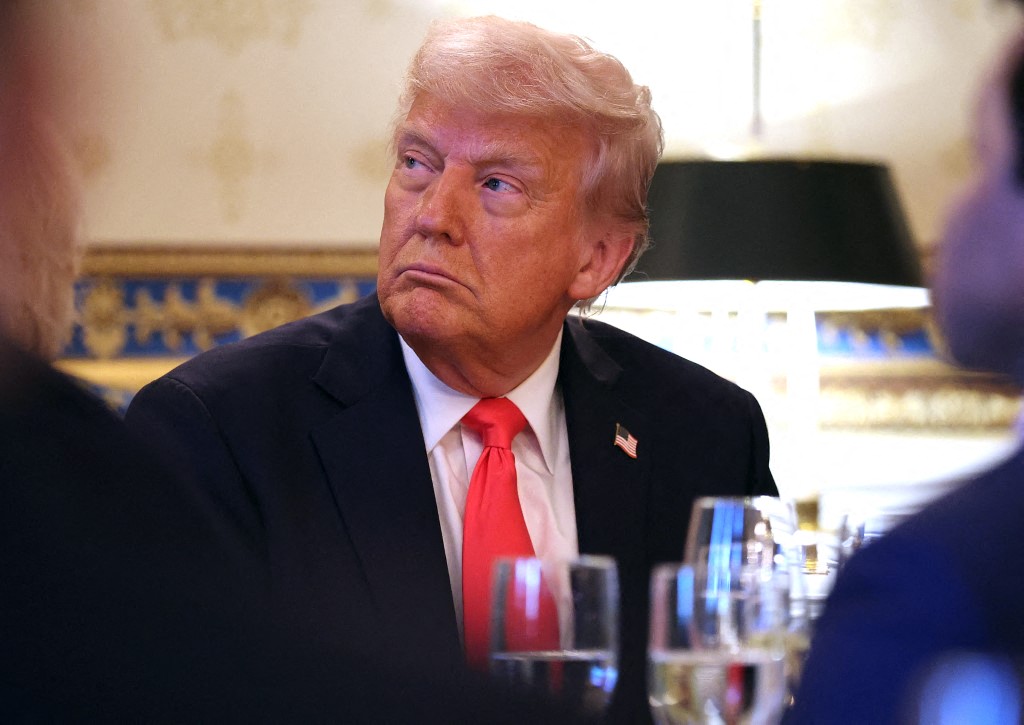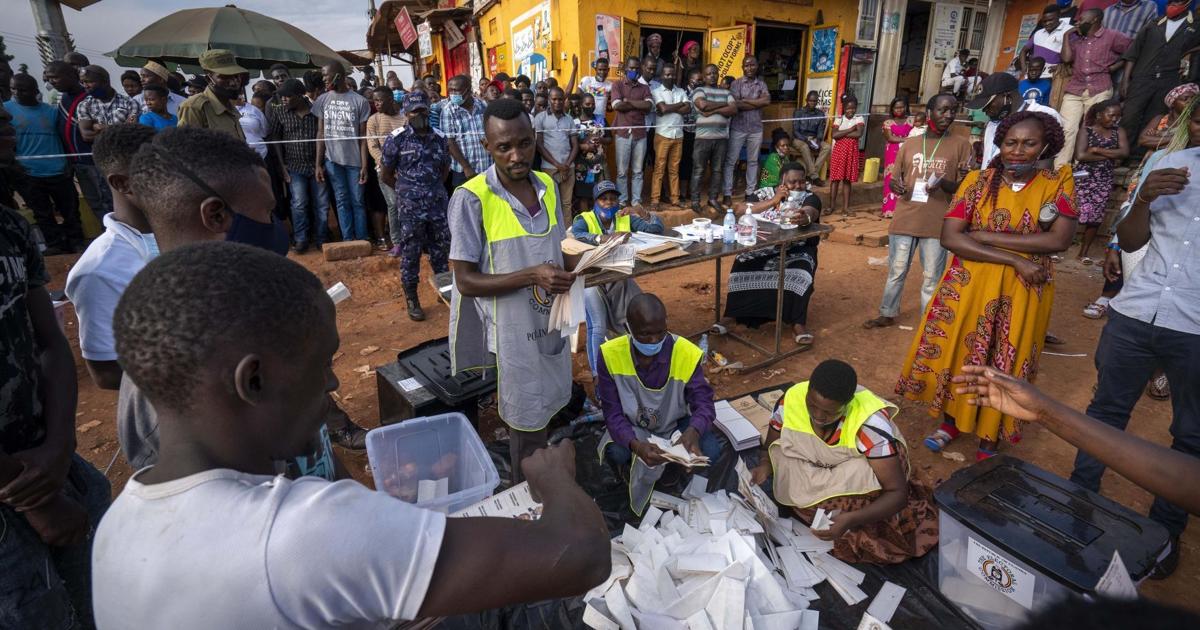
Scenes of young Nigerians fainting while in court over their involvement in widespread anti-government protests have sparked controversy over detention conditions and police violence.
On Friday, 76 Nigerians, many of them minors, were taken to court in the capital Abuja to stand trial almost three months after their arrest for taking part in demonstrations against the country’s economic crisis.
Social media was awash with videos showing several youths — likely underage — sitting or lying on the courtroom floor, holding their stomachs while half-faint.
The clips generated backlash from both politicians and civil society.
“The footage reveals minors, some so weak that they could barely stand, others fainting from sheer exhaustion and lack of nourishment,” said politician Peter Obi, who unsuccessfully contested the 2023 presidential election.
“These children appeared visibly malnourished and starved,” he wrote on X.
Amnesty International condemned the minors’ “horrifying detentions for participating in protests against hunger and corruption”, calling it “one of the deadliest attempts to suppress freedom of assembly” so far.
“President Bola Tinubu must unconditionally release minors detained since August,” the rights group added, also on X.
The Nigerian Inspector General of Police’s office denied having subjected the detainees to ill treatment.
“Medical aid was promptly provided to these individuals,” the office said in a statement, “demonstrating the Police Force’s commitment to the welfare of those in its custody”.
“Age does not exempt individuals from facing legal consequences,” it warned.
On Friday, police spokesman Muyiwa Ogunjobi told Nigerian television that “once you are more than seven years old you can be” arraigned.
The trial has been postponed until January.
But Justice Minister Prince Lateef Fagbemi asked for this date to be brought forward in a statement published on Saturday.
At least 21 people have been killed by the Nigerian security forces in this year’s protests, dubbed “#EndBadGovernance”, according to Amnesty International.
More than 700 demonstrators taking part in the protests have also been arrested, the rights group says.
Police violence has long been a sensitive issue in Nigeria, especially in the aftermath of the EndSARS protests in October 2020 calling for the dismantling of a police unit infamous for its brutality.
On October 20, 2020 police and soldiers opened fire on a peaceful rally in Lagos, putting down the biggest anti-government demonstrations in recent Nigerian history.
At least 12 protesters were killed, according to Amnesty.






